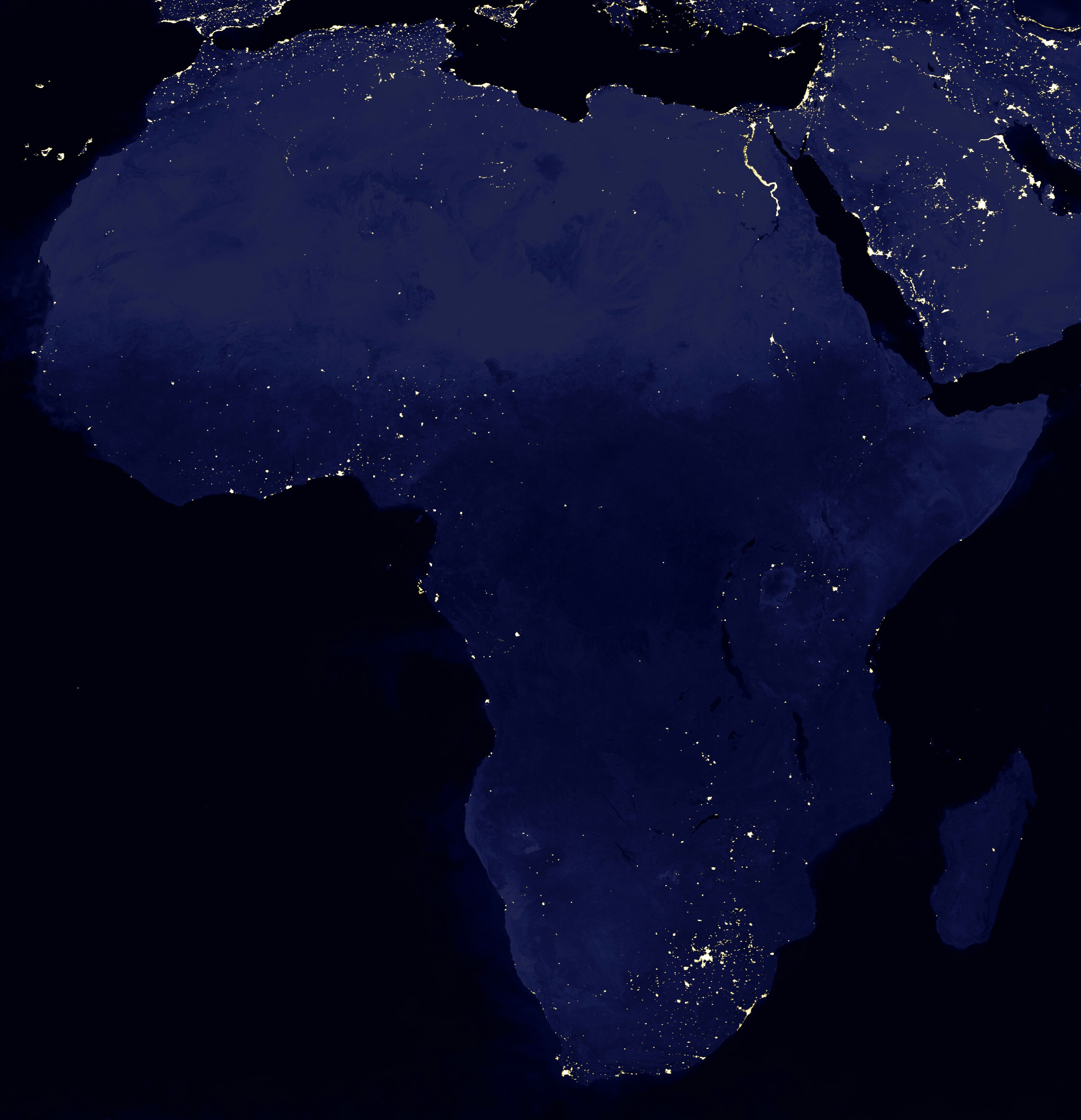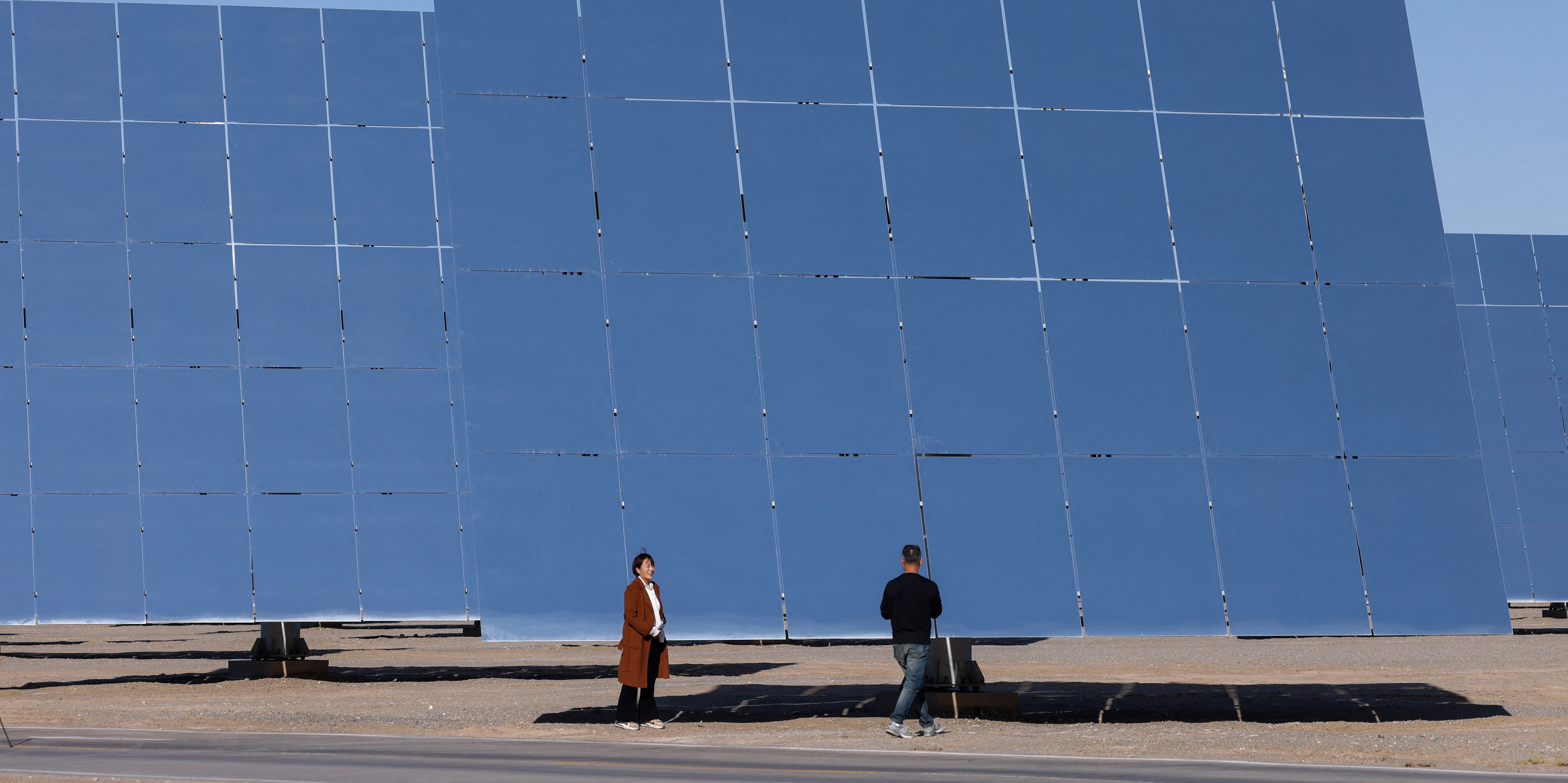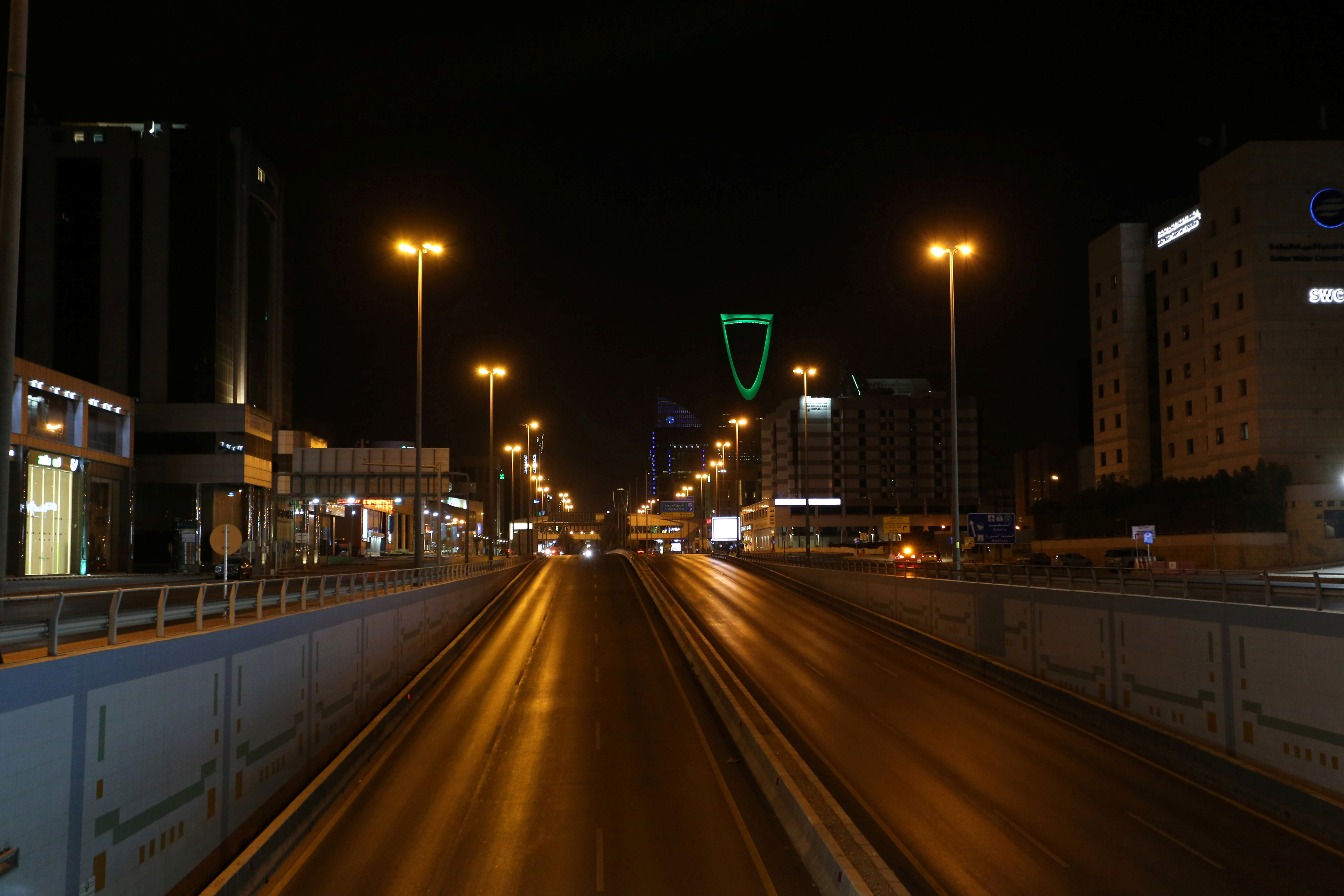Africa is ready for long-term investment. Here's why

Africa has a huge population to drive consumer demand. Image: REUTERS/Noor Khami
For decades, risk, or at least the perception of it, has been a major impediment to Africa's efforts to attract foreign investment. But rapid economic growth and a much-improved business environment are changing how investors view the continent.
For any investor interested in Africa, there is only one place to be this week: Johannesburg. When the three-day Africa Investment Forum opens on November 7, a total of 61 deals with an estimated value of more than $40 billion will be featured in “Boardroom Sessions,” while another $28 billion will be showcased to investors at the “Gallery Walk” marketplace.
The deals are curated from a total of 230 projects worth over $208 billion, spanning sectors such as energy, infrastructure, transport and utilities, industry, agriculture, information and communications technology, telecoms, water and sanitation, financial services, health, education, hospitality and tourism, housing, and aviation.
Risk, or at least the perception of it, has long been a major impediment to attracting foreign direct investment in Africa. But the African Development Bank (AfDB) is tackling this problem head-on by removing barriers that have stemmed the flow of investment finance into the continent. The transaction-based Africa Investment Forum is the most important step in this process.
By bringing together multilateral financial institutions, pension funds, sovereign wealth funds, and private investors, the AfDB aims to create a mechanism to reduce market, political, and financial risks, and in the process improve the ease of doing business. As part of this effort, the investment forum will prioritize public-private partnerships and private-sector deals. The message we aim to deliver is simple: Africa is open for business.
African economies offer tremendous opportunities, especially in energy; infrastructure such as roads, railways, and ports; and agriculture, minerals, oil, and gas. But Africa must turn this potential into streams of wealth for greater prosperity on the continent.
Achieving that requires supportive government policies. In every country, the AfDB is engaging with policymakers to improve the legal and regulatory environment and create a more predictable business climate.
These efforts are already paying off. For example, interest in $50 billion worth of investment-ready projects that we made available for pre-Forum screening has been higher than anticipated.
We are delighted that several multilateral financial institutions – including the International Finance Corporation, the World Bank, the Asian Infrastructure Investment Bank, the Islamic Development Bank, the European Investment Bank, the European Bank for Reconstruction and Development, and the Inter-American Development Bank – are cooperating with the AfDB on this effort. Many major financial institutions within Africa – including the Afrexim Bank, the Africa Finance Corporation, the Trade and Development Bank, Africa50, and the Development Bank of Southern Africa – are also involved. For the first time, these major global and regional financial institutions are cooperating to help de-risk investment projects at scale.
Of course, pledges of partnership are not the only reason for optimism; economic trends are also strong. For starters, real GDP growth is forecast to be 3.5% this year and 4% in 2019. Today, Africa includes five of the world’s ten fastest-growing economies.
Africa has also become the world’s second-most attractive investment destination. According to the United Nations Conference on Trade and Development, inward foreign direct investment (FDI) is expected to increase by about 20% this year, to $50 billion, from $42 billion in 2017.
Finally, Africa’s pension funds, insurance funds, and sovereign wealth funds are collectively valued at more than $1 trillion dollars. If Africa could leverage this wealth to attract just 1% of all global assets under management, estimated to total more than $131 trillion, the continent’s need for $130-170 billion in annual infrastructure investment could be met. As matters currently stand, Africa faces an annual financing gap of $68-108 billion.
Africa has a huge population to drive consumer demand, a rising middle class, a dynamic youth population, and rapidly reforming governments that are keen to attract these investments. The Africa Investment Forum will provide what has been missing so far: a safe, stable marketplace to accelerate deals.
As anyone traveling to Johannesburg this week will see, Africa is doing its part to transform the investment landscape. The Africa Investment Forum’s goal is simple: provide a smooth runway for investments in Africa. What we need now are investors who are ready to seize the tremendous opportunities in Africa – and at the continent’s premier investment marketplace.
Don't miss any update on this topic
Create a free account and access your personalized content collection with our latest publications and analyses.
License and Republishing
World Economic Forum articles may be republished in accordance with the Creative Commons Attribution-NonCommercial-NoDerivatives 4.0 International Public License, and in accordance with our Terms of Use.
The views expressed in this article are those of the author alone and not the World Economic Forum.
Stay up to date:
Long-Term Investing, Infrastructure and Development
Related topics:
Forum Stories newsletter
Bringing you weekly curated insights and analysis on the global issues that matter.
More on Geographies in DepthSee all
Rakesh Bohra and Justine Roche
December 11, 2025






